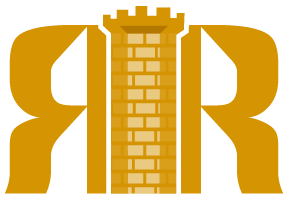Career Development
What Is Career Development?
Career development is the journey of discovering, planning, and growing one’s professional life. It involves:
Understanding your strengths, interests, values, and skills
Exploring different careers or livelihood options
Learning how to prepare and present yourself well (resumes, interviews, communication)
Cultivating both personal and interpersonal skills (teamwork, time management, adaptability)
Setting goals for short‑term and long‑term success, then working toward them
It’s not just about getting a job; it’s about building a path that aligns with who you are, what you care about, and where you want to go.
About ED45: Career Management (Grades 9‑12)
The ED45 Course – Career Management is a high school course in the North Carolina Career & Technical Education program designed to help students develop key career and employability skills. Here are the main details and what students will gain from it:
Feature | Details |
Course Number & Level | ED45 – Career Management; Grades 9‑12 |
No Prerequisites Needed | Students can take this course without having completed another CTE course. |
Length | 135 hours in block schedule |
Aligned Student Organizations | DECA, FBLA, FFA, FCCLA, HOSA, SkillsUSA, TSA. |
What Students Will Learn & Do?
Here’s what the ED45 course centers on, and the kinds of skills and experiences students will get:
Leadership and Personal Management: Understanding individual learning styles, setting goals, managing time and resources, making
decisions.
Career Exploration: Looking into different careers across all CTE (Career & Technical Education) pathways, and understanding what’s needed in terms of education, skills, and career paths.
Communication Skills: Developing public speaking, writing, listening, and other forms of professional communication.
Teamwork and Collaboration: Working with others, understanding team roles, leadership within teams, resolving conflicts.
Employability Skills: Soft skills such as punctuality, work ethic, critical thinking, adaptability. Also, learning how to present oneself in job interviews, developing resumes, etc. (where applicable)
Hands‑on Experience: Activities and projects that let students apply what they’re learning—could include real world scenarios, role‑play, possibly engagements with industry via field trips or CTSO events.
Why This Matters?
Builds a strong foundation for any career path: No matter what field a student ultimately pursues (health, tech, business, arts, etc.), the skills in ED45 are broadly useful.
Helps students make informed decisions about their future: By exploring options and understanding their own strengths, students can choose pathways that fit them.
Increases readiness for the workplace or further training/education: Students come out more prepared, knowing how to present themselves, work in teams, and manage their time.
